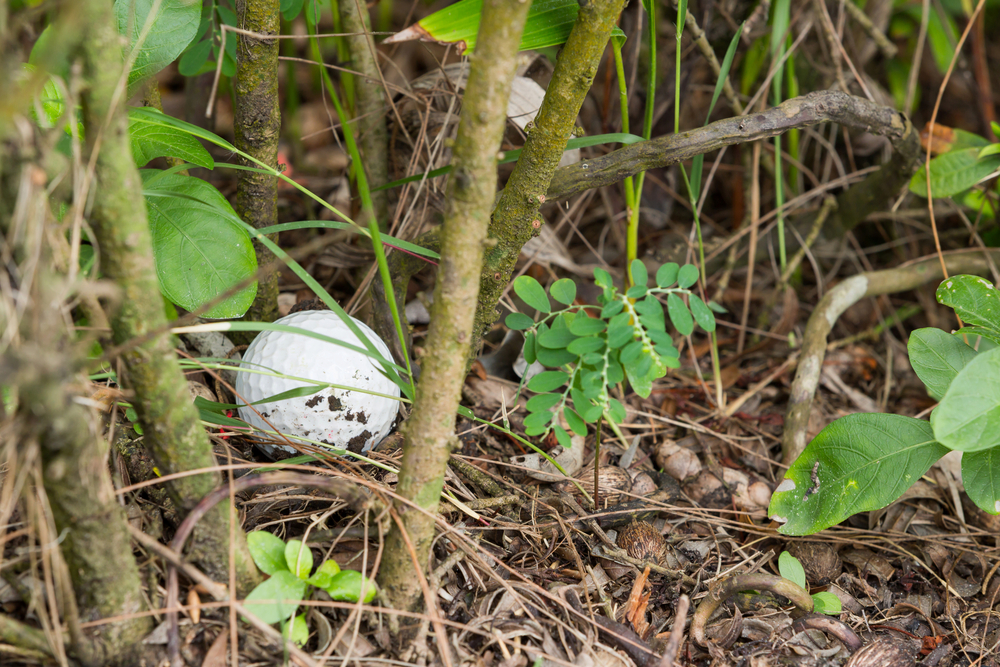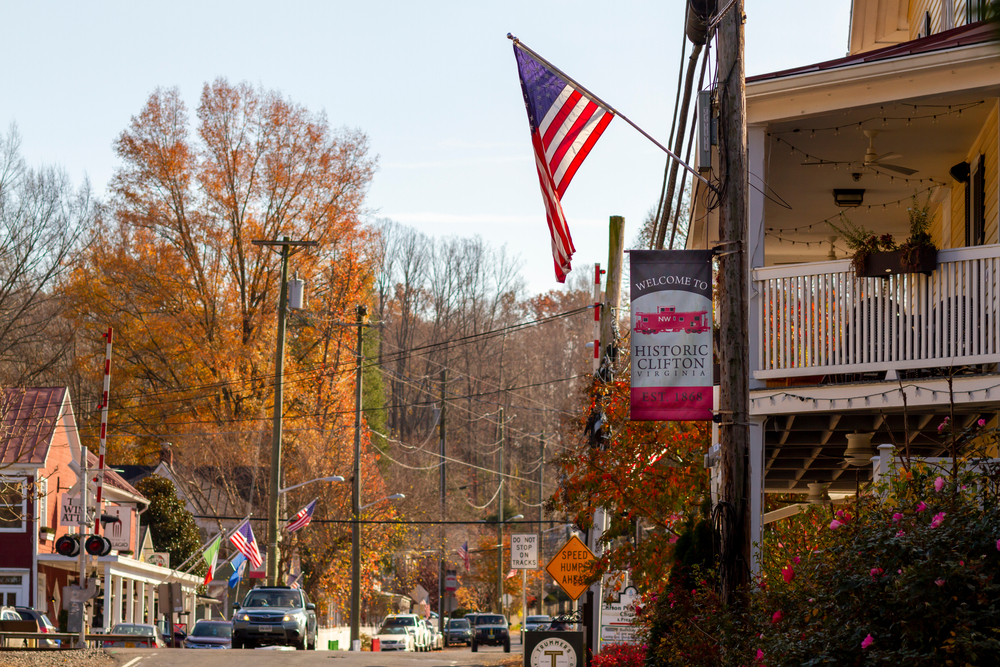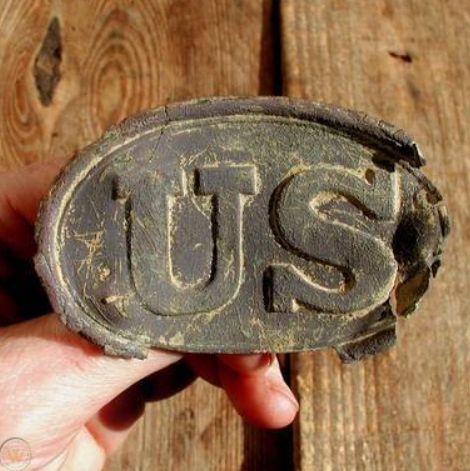BLOG
Finds and Interests

Image: Shutterstock
I saw the police cruiser from a block away; it was parked in our driveway. An officer stood on the porch, speaking with my father. As I pulled into the driveway on my bike, my father glanced in my direction. I wondered if I was in trouble. Maybe I was.
My father looked over at me, perplexed. He turned to the officer and said, “This is my son, Will. What’s the problem, officer?”
The policeman cleared his throat before speaking. “We had a complaint that your son was stealing golf balls from the local course and selling them.”
“Who filed the complaint?”
“The Pro Shop at the golf course.”
Dad grinned and looked in my direction. “Will, what do you have to say for yourself?”
I explained that I wasn’t stealing anything. The balls I found were hit beyond the barbed-wire-topped, chain-link fence surrounding the golf course and were never retrieved.
My father was not easily intimidated. He said to the officer, “Well, it seems to me that Will found lost property. There was no stealing involved.”
The policeman replied, “Then he should turn them in to the Property Department at the Fairfax County Police. Items not claimed within thirty days will then become his property.”
So Dad and I filed a report for each ball found. As you can imagine, no golfers showed up to claim the lost balls. In a bit, I’ll tell you what I did with the money I made from the balls and how that adventure launched me into the antiques and collectibles business.

Image: Shutterstock
A Wealth of Artifacts
I grew up in Clifton, Virginia, a rural area about an hour southwest of Washington, DC. In the late 1960s, Clifton was still much like it was in the late 1800s. There were no traffic lights or post offices, but there were some restaurants and shops. Horses might occasionally trot through the streets, which were lined with century-old houses and rustic white picket fences. The landscaping and buildings were tidy and colorful. The tranquil atmosphere belied the violent history of the area.
Clifton’s history is rooted in the Civil War. In 1861, the Union army took control of the Orange and Alexandria Railroad Company and used it as a military tool. Clifton, which was in the northern part of Confederate territory, was part of a bulwark to protect Washington from a Confederate attack. Union and Confederate soldiers often engaged in skirmishes in the area. Artifacts from these and other significant battles, like First and Second Battles of Manassas (Bull Run), left a wealth of artifacts throughout the countryside.
The Rest of the Golf Ball Story
I sold my “found” golf balls for fifty cents each. The Pro Shop sold golf balls for considerably more; that’s why they were unhappy with me. They didn’t want the competition. But I had plans for my golf ball money: I wanted to buy a metal detector.
When I had saved enough to buy a basic detector, I made more frequent trips around Clifton and Manassas. I rode my bike ten miles to the Manassas Battlefield area, sometimes accompanied by my black German Shepherd, “Mich” (short for Michigan). Armed with my new detector, there was a high probability of finding buttons, buckles, bayonets, breastplates, shell casings, and more. Of course, I respected property rights wherever I searched.

Image: WorthPoint
I spent hours in the fields, crisscrossing my detector back and forth to uncover artifacts. I knew treasures might be found just a few inches below the surface. When Hurricane Agnes came through in 1972, creekbanks and redoubts were washed away, laying bare the rifle barrels and accessories of retreating troops.
My metal-detecting journey continued, but I wasn’t alone. Other metal detectorists were searching the fields and creekbanks as well. I became friends with some of the other treasure hunters, and we would swap and trade finds. The more I collected, the more passionate I became about my hobby.
I also started doing historical research to learn as much as possible about the artifacts I discovered. Reading about the battles fought in the same fields I explored was fascinating. Each trip brought discoveries that enriched my knowledge and my collection.
My passion for collecting Civil War artifacts increased, eventually leading me to buy and sell antiques and collectibles part-time. Ultimately, the hobby that started with a few golf balls became a full-time career. These activities inspired my idea for WorthPoint®, which has become the world’s largest provider of information about art, antiques, and collectibles.
Finding Civil War artifacts was exciting, but it also gave me an appreciation for history that I would never have acquired without flipping golf balls. Even today, I still search for artifacts, but my searching is done at antiques shows and fairs as a professional antiques and collectibles dealer rather than as a teenage hobbyist.
Will Seippel is the CEO and founder of WorthPoint®, the world’s largest provider of information about art, antiques, and collectibles. An Inc. 500 Company, WorthPoint is used by individuals and organizations seeking credible valuations on everything from cameras to coins. WorthPoint counts the Salvation Army, Habitat for Humanity, and the IRS among its clients.